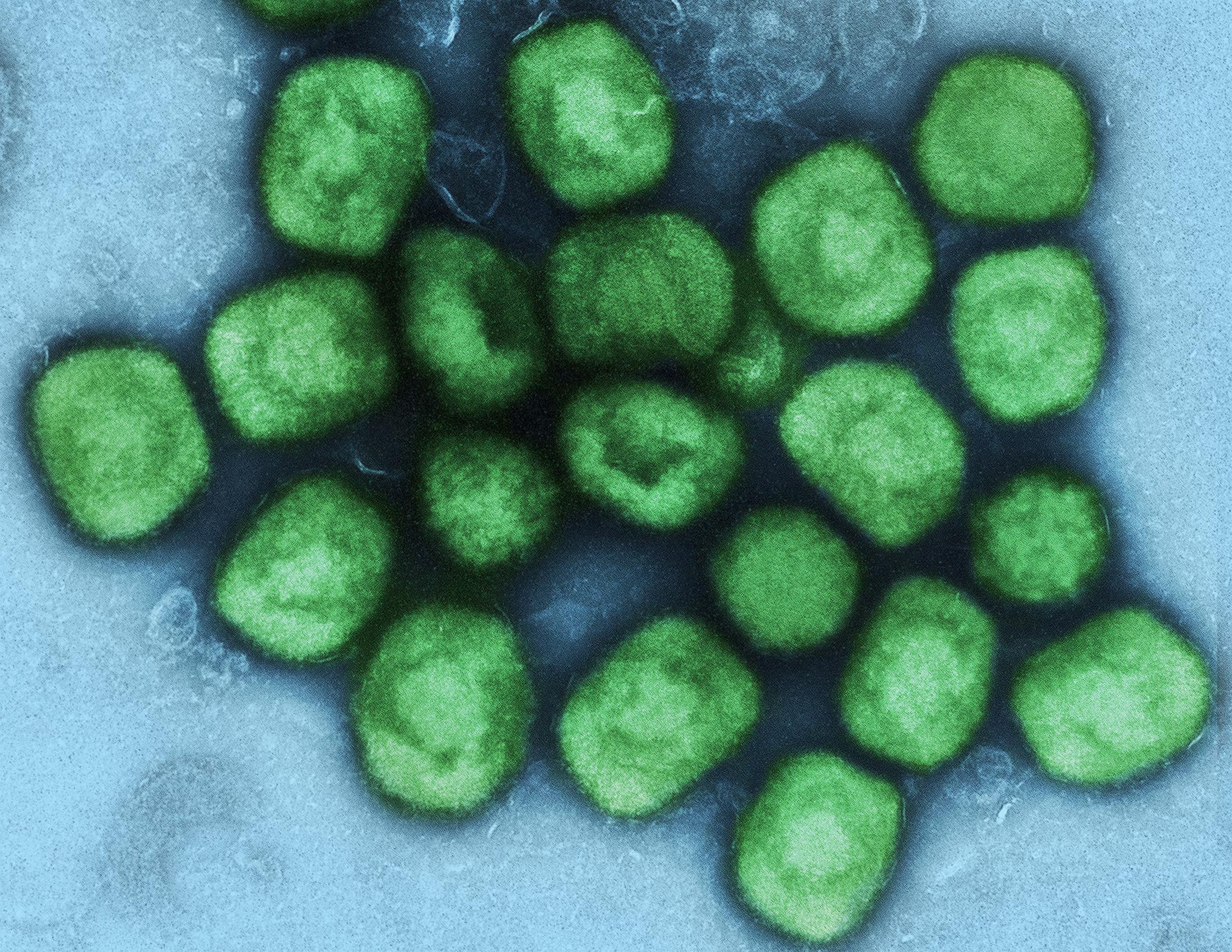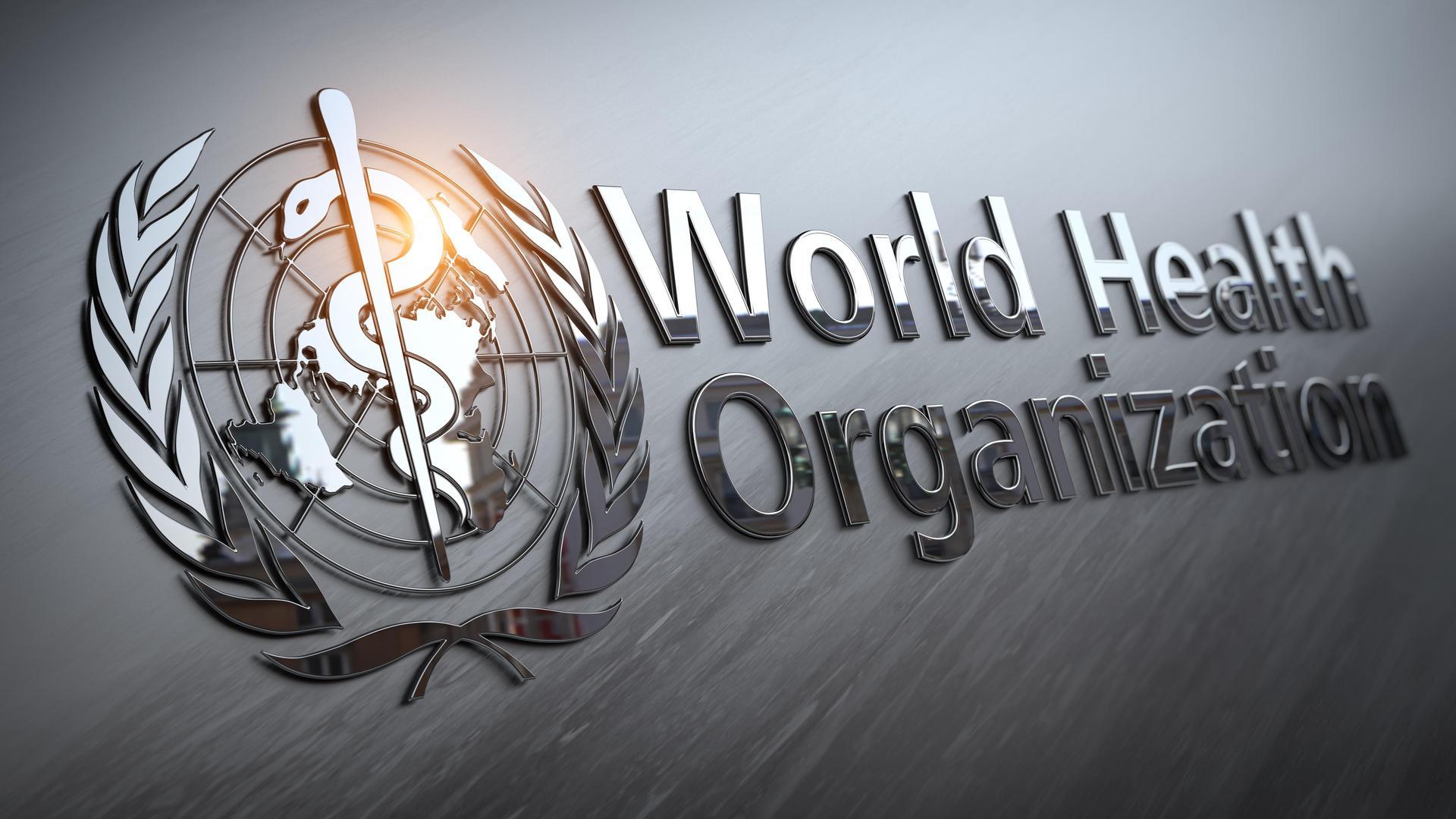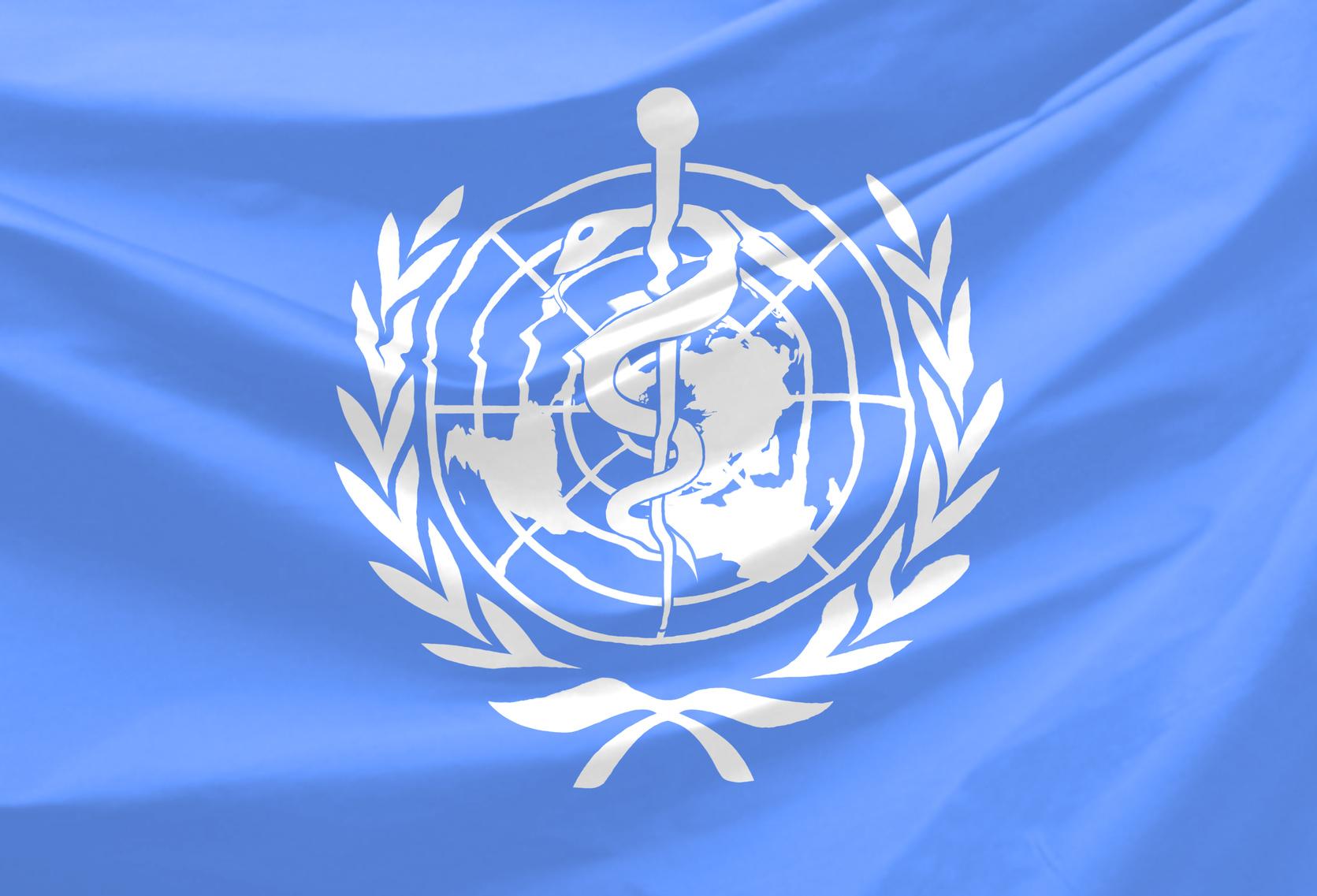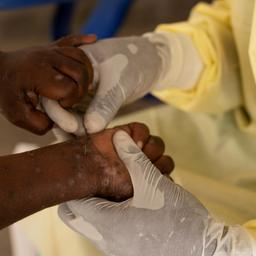The World Health Organization has officially declared monkeypox, a rare viral infection, as a global health emergency. With cases spreading beyond Africa, it’s crucial to understand the facts about this emerging threat. Here’s what you need to know about the latest development, as reported by USA TODAY.
Table of Contents
- WHO declaration of monkeypox as a global emergency
- Causes and symptoms of monkeypox virus
- Preventive measures and treatment options
- Implications for international travel restrictions
- Q&A
- Key Takeaways

WHO declaration of monkeypox as a global emergency
The World Health Organization has officially declared monkeypox, caused by the monkeypox virus, as a global emergency. This decision comes in response to the rapid spread of the virus across multiple countries, posing a significant threat to public health worldwide.
Here are some key points to keep in mind:
- Transmission: Monkeypox is primarily transmitted to humans through contact with infected animals or their bodily fluids.
- Symptoms: Symptoms of monkeypox include fever, headache, muscle aches, and the characteristic rash that develops on the skin.
- Prevention: Practicing good hygiene, avoiding contact with sick animals, and getting vaccinated are essential measures to prevent the spread of the virus.

Causes and symptoms of monkeypox virus
Monkeypox virus (mpox) has been declared a global emergency by the World Health Organization (WHO). The virus, which is primarily transmitted from animals to humans, has caused outbreaks in several countries around the world. Symptoms of mpox include fever, headache, muscle aches, and a rash that usually begins on the face and spreads to other parts of the body.
The main causes of monkeypox virus transmission are believed to be contact with infected animals, such as monkeys, rodents, and squirrels, as well as human-to-human transmission. To prevent the spread of the virus, it is important to practice good hygiene, avoid contact with wild animals, and seek medical attention if you develop symptoms of mpox. Stay informed and follow WHO guidelines to protect yourself and your loved ones from this global health threat.

Preventive measures and treatment options
Preventive measures for monkeypox include practicing good hand hygiene by washing hands frequently with soap and water, avoiding close contact with infected individuals, and refraining from handling sick or dead animals. It is also recommended to avoid consuming wild rodents or primates, which are known to be carriers of the virus. Additionally, individuals should ensure they are up to date on their vaccinations, as this can help reduce the risk of contracting the disease.
Treatment for monkeypox typically involves supportive care to alleviate symptoms and help the body fight off the virus. This may include the use of antiviral medications, pain relievers, and antipyretics. In severe cases, hospitalization may be necessary to monitor and treat complications such as respiratory distress or dehydration. It is important to seek medical attention promptly if you suspect you have been exposed to the virus or are experiencing symptoms such as fever, rash, and swollen lymph nodes.

Implications for international travel restrictions
With the recent declaration of mpox as a global emergency by the World Health Organization, international travel restrictions have become a crucial aspect to consider for those planning trips abroad. Here are some key implications to keep in mind:
- Vaccination requirements: Some countries may enforce mandatory vaccination against mpox for travelers entering their borders. It is essential to check the specific regulations of your destination before departure.
- Quarantine measures: Quarantine protocols may be implemented for individuals coming from regions with high mpox transmission rates. Travelers should be prepared for potential quarantine periods upon arrival.
Additionally, airlines and transportation hubs may impose additional screening procedures to prevent the spread of the monkeypox virus. It is advisable to stay informed about the latest travel advisories and follow guidelines issued by health authorities to ensure a safe and smooth journey.
| Country | Travel Restrictions |
|---|---|
| United States | Mandatory vaccination for incoming travelers |
| United Kingdom | 14-day quarantine for individuals from high-risk areas |
Q&A
Q: What is monkeypox and how is it caused?
A: Monkeypox is a rare viral disease that is caused by the monkeypox virus, which belongs to the same family of viruses as smallpox.
Q: Why has the World Health Organization declared monkeypox a global emergency?
A: The World Health Organization declared monkeypox a global emergency due to the recent surge in cases of the disease in several countries, as well as the potential threat it poses to public health on a global scale.
Q: How is monkeypox transmitted between humans?
A: Monkeypox is primarily transmitted to humans from animals, such as rodents and monkeys, through direct contact with their bodily fluids or lesions. Human-to-human transmission is also possible through close contact with infected individuals.
Q: What are the symptoms of monkeypox?
A: Symptoms of monkeypox include fever, headache, muscle aches, and a rash that typically starts on the face and spreads to other parts of the body. In severe cases, complications such as pneumonia and encephalitis can occur.
Q: How can monkeypox be prevented?
A: The best way to prevent monkeypox is to avoid direct contact with animals that may carry the virus, such as rodents and monkeys. Vaccination against smallpox can also provide some level of protection against monkeypox.
Q: What should people do if they suspect they have been exposed to monkeypox?
A: If someone suspects they have been exposed to monkeypox, they should seek medical attention immediately and follow any instructions provided by healthcare professionals to prevent further transmission of the virus.
Key Takeaways
the declaration of monkeypox as a global emergency by the WHO serves as a stark reminder of the ongoing threat posed by emerging infectious diseases. As health officials work to contain the spread of the virus and protect populations at risk, it is imperative for individuals to stay informed and follow recommended prevention measures. Stay tuned for further updates on this developing situation as we continue to monitor and report on the latest developments. Thank you for reading.







